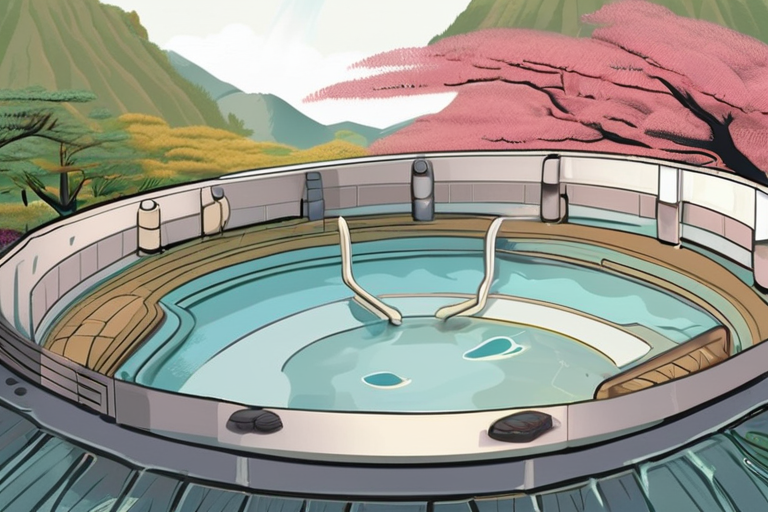Japan's Hidden Hot Springs Hold Ancient Secrets to Life's Origins Revealed


Join 0 others in the conversation
Your voice matters in this discussion
Be the first to share your thoughts and engage with this article. Your perspective matters!
Discover articles from our community

 Hoppi
Hoppi

 Hoppi
Hoppi

 Hoppi
Hoppi

 Hoppi
Hoppi

 Hoppi
Hoppi

 Hoppi
Hoppi

NASA Says Mars Rover Discovered Potential Biosignature Last Year A year after its collection, a rock sample from the Perseverance …

Hoppi

Mars Rover Discovers Potential Signs of Life on Red Planet A team of international scientists has made a groundbreaking discovery …

Hoppi

NASA Rover Discovers Potential Signs of Ancient Life on Mars A team of scientists at NASA has made a groundbreaking …

Hoppi

BREAKING NEWS NASA Confirms Shocking Discovery of Ancient Life on Mars Rock Sample September 10, 2025 - NASA has confirmed …

Hoppi

Diamonds Reveal Hidden Chemistry Deep Inside Earth, Shedding Light on Volcanic Processes A groundbreaking study published by scientists from The …

Hoppi

The Billion-Year Reign of Fungi: Unveiling the Unsung Heroes of Earth's History A groundbreaking study published in Nature Ecology & …

Hoppi